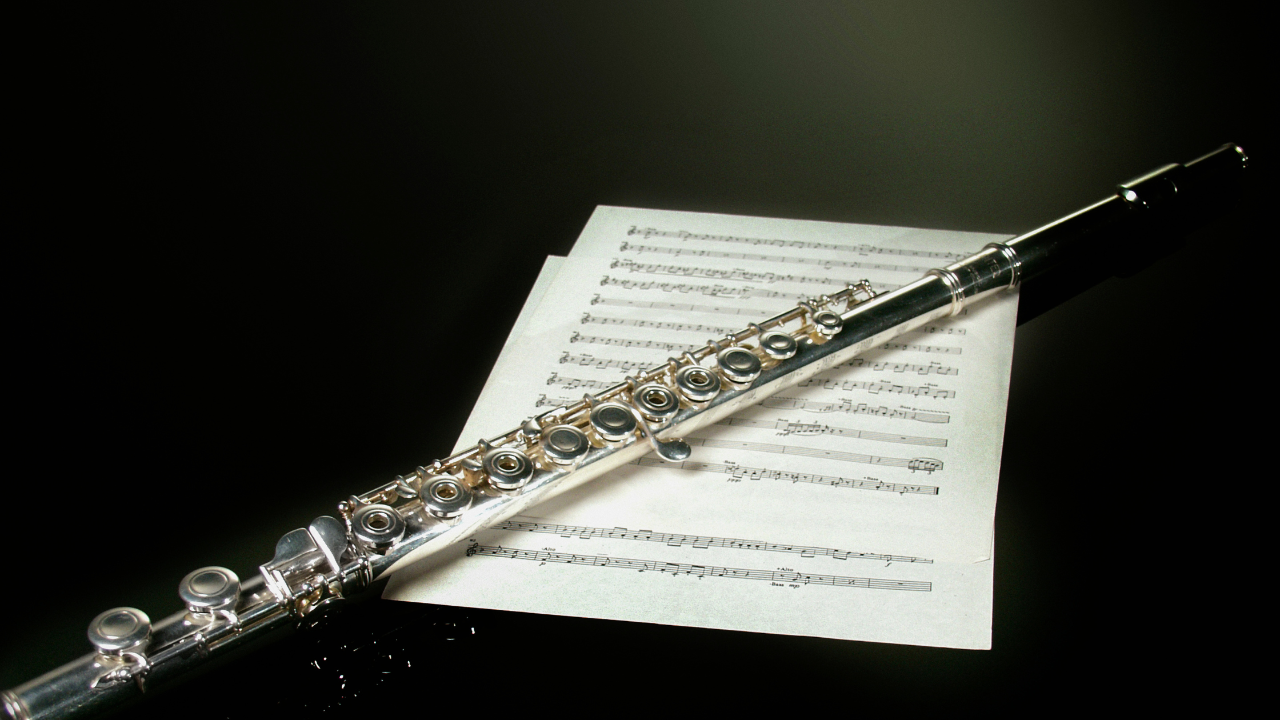
I've been lying to myself about confidence
Jul 13, 2025
You know that moment when someone compliments your work...
And instead of saying "thank you," you immediately start listing everything wrong with it?
"Oh, that presentation was okay, but I rushed the slides..."
"Thanks, but I made so many mistakes in that project..."
"I'm not really that good at it, I just got lucky..."
Yeah. I see you nodding.
Last week, I had a flute lesson that changed how I think about confidence.
And it started with a story about life-or-death surgery.
When being humble becomes harmful
Picture this: I'm sitting in front of a music professor from a prestigious conservatoire.
In my mind? I'm "just an amateur" compared to his usual students.
Even though this same professor has told me multiple times that I'm a very good flute player... I couldn't shake those thoughts.
"I don't belong here."
"I'm wasting his time."
"He's going to realise I'm not as good as he thinks."
The result?
I made more mistakes in that lesson than I had in months.
(Self-sabotage at its finest)
That's when he told me something that stopped me in my tracks.
The surgeon's simple answer
"I once had a difficult surgery," my professor said. "And I asked the surgeon beforehand: 'Are you any good at this?'"
The surgeon's reply?
"Yes, I suppose so."
My first thought? How arrogant!
But then my professor asked me: "Would you rather have a surgeon who doubts himself during your operation?"
It hit me like a lightning bolt.
This brilliant surgeon wasn't being arrogant.
He was being realistic about his abilities.
Because when you're holding someone's life in your hands... self-doubt doesn't just hurt your performance.
It can be dangerous.
The confidence trap we all fall into
Here's what I realised:
We've been taught that being humble means downplaying our abilities. Even to ourselves.
We're more comfortable admitting our mistakes than acknowledging what we're genuinely good at.
We think that accepting our competence makes us... what? Horrible people?
But there's a massive difference between arrogance and confidence:
Arrogance says: "I'm better than everyone else."
Confidence says: "I'm good at this, and here's the evidence."
The problem?
When we allow even the smallest piece of self-doubt to creep in... we sabotage our own performance.
In my professor's words: "You're finished before you even start."
How to listen to feedback without cringing
I used to cringe when people complimented my work.
That mental discomfort meant I wasn't really hearing what they said.
I was too busy planning my deflection response.
Now I do something different.
When someone says "You're really good at X, I love how you did Y," I:
-
Say thank you (without adding "but...")
-
Listen carefully to the specific things they mention
-
Write it down later - exactly what made it good
-
Remind myself of these specifics before similar situations
It's not about fighting self-doubt.
It's about looking at your performance objectively... without letting false humility mess with your head.
Your action plan: Building evidence-based confidence
Here's what you can start doing this week:
Step 1: Notice your deflection habit
Track how often you deflect compliments or downplay your abilities.
Just awareness will surprise you. (It certainly surprised me.)
Step 2: Create your evidence file
Start a simple list on your phone.
When someone gives you specific feedback about what you do well... write it down word-for-word.
Step 3: Review before big moments
Before your next presentation, important meeting, or challenging project... read through your evidence file.
Remind yourself: this isn't arrogance.
It's data.
The bottom line
That surgeon knew he was skilled because he had evidence.
Years of training and successful operations.
His confidence wasn't arrogance – it was professional competence.
You have evidence too.
Your successful projects, positive feedback and problems you've solved.
This isn't about thinking you're better than others.
It's about acknowledging what you're genuinely good at.
Because when you doubt your abilities... you don't just hurt your own performance.
You rob the people around you of your best work.
Next time someone asks if you're good at something you genuinely excel at?
Try this: "Yes, I am. Here's why..."
The world needs confident, capable people who know their worth.
Starting with you.